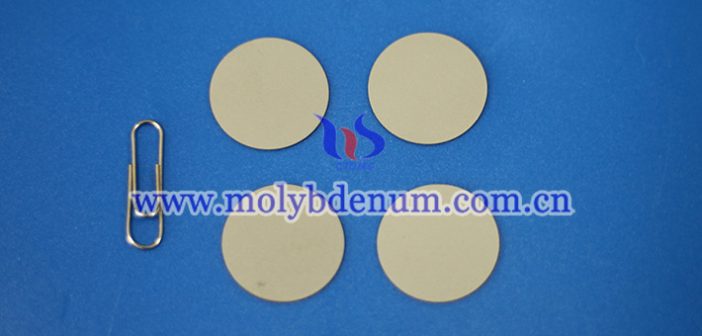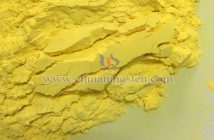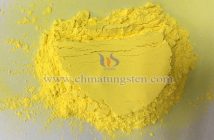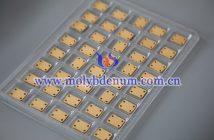Aerospace electronic equipment needs to operate in extreme environments, such as high temperatures, severe temperature changes, high vacuum, strong radiation and vibration shocks. As a result, high requirements are placed on electronic packaging materials, including high thermal conductivity, low coefficient of thermal expansion (CTE), high temperature resistance, and mechanical stability.
Molybdenum-copper (Mo-Cu) alloy is a composite material with both high thermal conductivity and low thermal expansion characteristics, which shows excellent application value in the field of aerospace electronic packaging.
Aerospace electronics often operate in harsh environments, and the encapsulation materials need to meet the following key requirements:
1. High thermal conductivity
Electronic components (such as power amplifiers, microwave components, etc.) generate a lot of heat during operation, and if they are not dissipated in time, they may lead to performance degradation or even failure. Therefore, the encapsulation material needs to have excellent thermal conductivity to ensure the stable operation of the device.
2. Low number of inflated systems (CTE)
Semiconductor materials such as silicon (Si), gallium arsenide (GaAs) or gallium nitride (GaN) are typically used in aerospace electronic components, which have a low coefficient of thermal expansion (about 4-7 × 10??/K). The CTE of the packaging material needs to be matched to the semiconductor chip to reduce thermal stress caused by temperature changes and prevent interface cracks and device failure.
3. High temperature resistance and radiation resistance
When the spacecraft is in orbit, it needs to withstand extreme temperature changes (-100°C to 150°C) and cosmic ray radiation, and the packaging material must have excellent high-temperature stability and radiation resistance.
4. High mechanical strength and anti-vibration performance
Aerospace devices will experience strong vibration and shock during launch and flight, so the packaging material needs to have good mechanical strength to ensure the stability and reliability of electronic components.
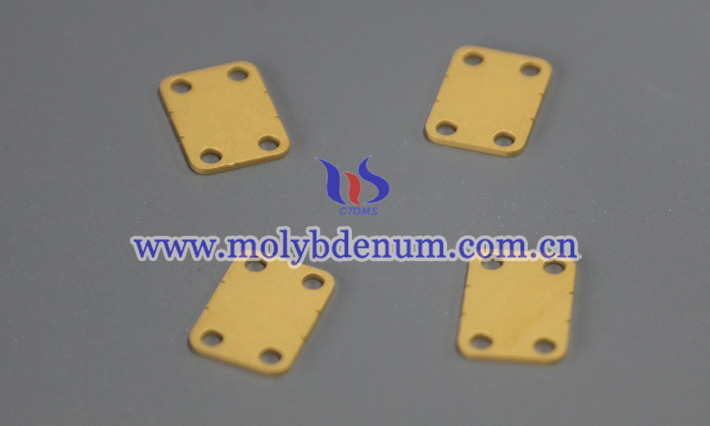
The specific application of molybdenum-copper alloy in aerospace electronic packaging
1. Microwave Power Amplifier (MPA) package
Microwave power amplifiers are widely used in satellite communications, radar systems and aerospace electronic warfare equipment, with high power density and great heat dissipation requirements. As the packaging material of MPA, Mo-Cu alloy can effectively reduce the operating temperature of the device and improve the output power and reliability.
2. High-power radio frequency (RF) module substrates
5G communication satellites, radar systems, and electronic countermeasures equipment require high-frequency RF modules, and their core components, such as GaN HEMT power transistors, require highly efficient heat sink materials. Mo-Cu alloy heat sink substrate can provide excellent heat dissipation ability, reduce the temperature of RF modules, and improve system stability.
3. LID、Heat Sink
Aerospace electronics typically use multilayer ceramic packages (HTCC, LTCC) that require a high thermal conductivity package substrate for thermal management. Mo-Cu substrates can replace traditional metal-ceramic packages, improve heat dissipation efficiency, and reduce package failure rates.
4. Satellite power management system
Satellite power management systems (such as DC-DC converters and power modules) work for a long time in the space environment, and Mo-Cu packaging materials can provide more stable thermal management performance and prolong the life of the power system.

